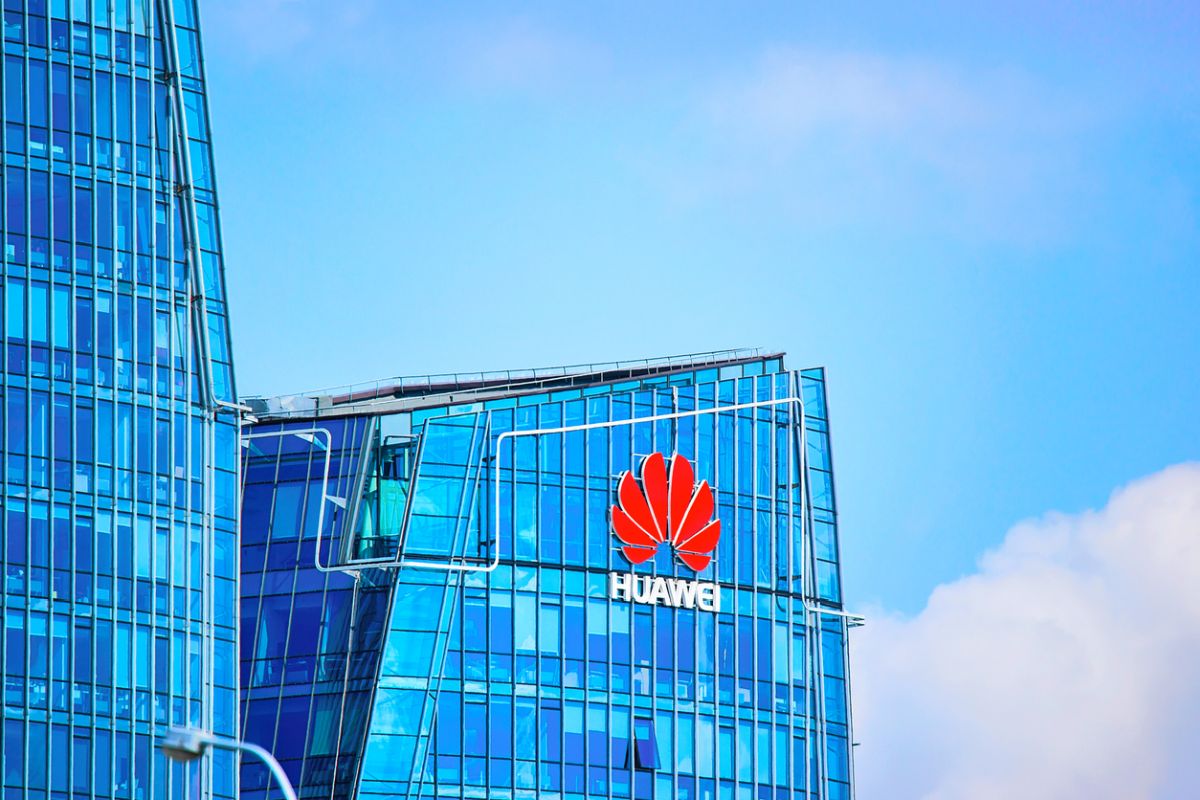US exit gives WHO chance to reform
Donald Trump’s plan to withdraw the United States from the World Health Organization (WHO) has been met with dismay in the public health field.
“But in our business (5G), Huawei is at the forefront, though when it comes to comparison between countries, we are still far behind the United States.”

(Photo: Getty Images)
Ren Zhengfei, founder and CEO of Chinese tech giant Huawei, on Tuesday denied that restrictions imposed by the US on its products and supplies will affect the roll-out of 5G technology.
In an interview with Chinese state media, Ren said that the decision by some American tech companies to stop selling components and software to Huawei “doesn’t mean much” and added that the company was already prepared to deal with the ban, reports Efe news.
Advertisement
“We can make chips as good as those made by US companies, but it does not mean that we will not buy chips from them,” Ren said.
Advertisement
Huawei’s founder acknowledged that the clash with the US was inevitable owing to the company’s interest in becoming one of the global leaders of the 5G technology and said that “others will definitely not be able to catch up with Huawei in 5G technologies for two or three years”.
“But in our business (5G), Huawei is at the forefront, though when it comes to comparison between countries, we are still far behind the United States,” he added.
The Huawei executive also said that his company will not exclude US chips and that Huawei was “very grateful” to the US companies including tech multinational IBM.
“Instead, we should grow together. But if there is a supply shortage, we have a backup. In the “peace period”, half of our chips are from the US companies and half from Huawei. We cannot be isolated from the world,” he said.
When asked how long the crisis surrounding the company would last, Ren said the question should be directed at US President Donald Trump.
“Blame should be directed at US politicians, not companies,” he said.
Ren’s remarks comes a day after the US Department of Commerce issued a temporary general license lifting the ban on Huawei and its subsidiaries to prepare for a transition.
The Department said in a statement that the decision was taken to grant “operators time to make other arrangements and the Department space to determine the appropriate long term measures for Americans and foreign telecommunications providers that currently rely on Huawei equipment for critical services”.
Last week, the US included Huawei in a list of companies and individuals that would be denied access to US technologies.
As an outcome of this ban, Alphabet, Google’s parent company, has revoked Huawei’s Android license, which means the Chinese telecom giant will lose access to updates to the Android operating system except those available through an open source license and also no longer have access to Google’s proprietary services such as Google Maps.
Huawei on Monday said it “will continue to provide security updates and after-sales services to all existing Huawei and Honor smartphone and tablet products, covering those that have been sold and that are still in stock globally”.
“We will continue to build a safe and sustainable software ecosystem, in order to provide the best experience for all users globally,” the company said in a statement.
US semi-conductor companies such as Intel, Qualcomm, Xilinx Inc and Broadcom and Germany’s Infineon Technologies as well as American chip manufacturing firms including Micron Technology and Western Digital will also stop supplying components to Huawei in compliance with Trump’s order, which could delay the global roll-out of 5G networks.
Advertisement